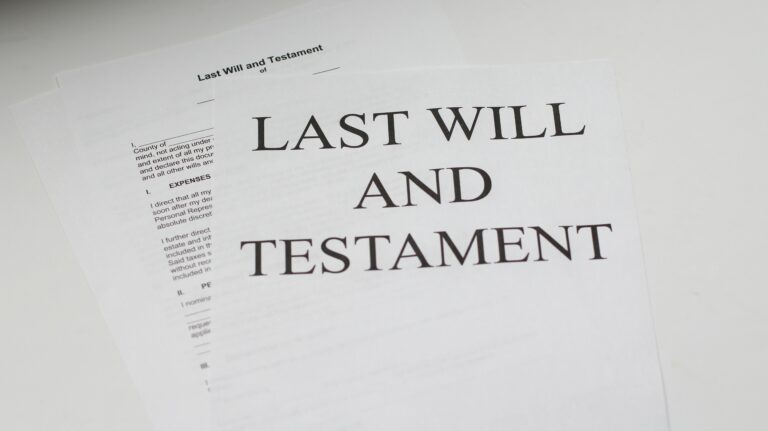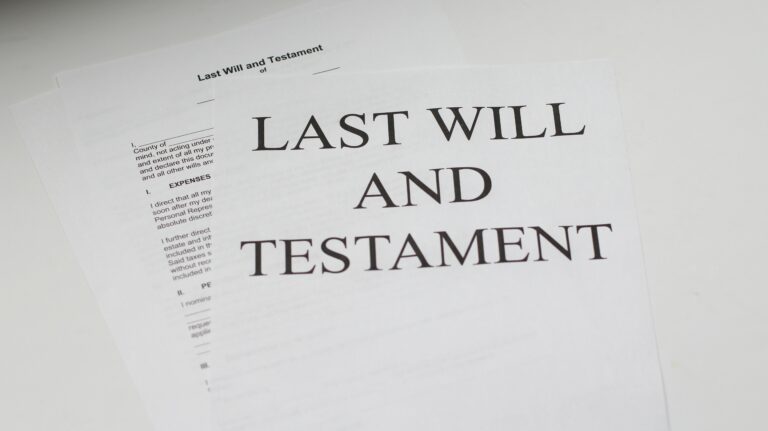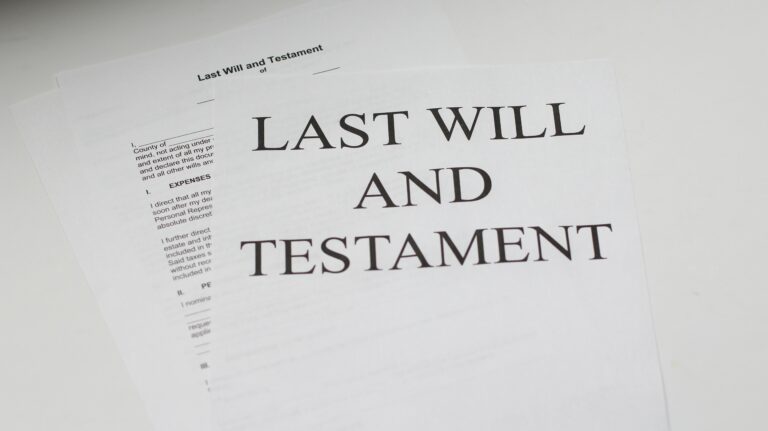
What Should I Do to Get My Affairs in Order?
Estate planning is one of the most important tasks you can do for your family. It has many different steps. Using a checklist can help be sure your wishes are met and simplify the process for loved ones, according to an article from Forbes, “Estate Planning Checklist: Get Your Affairs In Order.” Every plan is different. However, there are several primary steps everyone needs to take to protect their future and secure their legacy.
Identifying What Needs to Happen to Protect Wealth: Asset protection is crucial to estate planning. One way to do this is to create a Medicaid protection plan. Nursing home care is expensive and not covered by Medicare or other medical insurance, except in very limited situations. Medicaid does cover custodial care in a nursing home. However, you need limited assets to qualify. A Medicaid plan helps ensure that you can access care while protecting wealth. Ask your estate planning attorney about a Medicaid Asset Protection Trust.
You may also need to protect assets against creditor claims, be sure an irresponsible heir doesn’t burn through any inheritance, or take steps to limit or avoid estate taxes. All of these can be accomplished with the help of an experienced estate planning attorney.
Consider Your Heirs and Their Needs: You may face unique circumstances impacting the people who inherit your wealth or your ability to provide for them. For instance, a direct inheritance could jeopardize their eligibility if your family includes a special needs individual who receives government benefits such as Supplemental Security Income (SSI) or Medicaid. You may need to have a Special Needs Trust (SNT) created.
Other issues to consider when creating your estate plan include leaving money or other assets to minor children not old enough to inherit or manage funds or leaving money to someone you don’t trust to manage it. By thinking about who you wish to provide for, you can make informed choices about the strategies and tools used to create your estate plan.
A Plan to Transfer Assets: Once you’ve clarified your heirs’ needs and any potential threats to your wealth, you’ll be better positioned to create an estate plan to facilitate the transfer of your property to the people or charities you want after death.
Your estate plan will likely include the following:
- A last will and testament.
- Pay-on-death accounts.
- Jointly owned property.
- Revocable Trusts.
- Irrevocable Trusts.
Prepare for Incapacity: Preparing for possible incapacity should be a key part of your estate planning checklist. This includes:
- Creating a durable power of attorney—to allow someone of your choosing to act on your behalf in managing assets and making decisions for you.
- Naming a healthcare proxy—giving someone the power to make medical decisions for you.
- Creating a living will—allowing you to convey your wishes for medical care regarding being kept alive by artificial means.
Address Other Issues: If you have minor children, your will is used to name a guardian. You may also mention your pets and designate a person to care for them and arrange financial support for their lifetime. You can also include instructions for your funeral, although the will may not be reviewed for a while after your passing. Talk with your estate planning attorney about how to best handle this in your jurisdiction.
Reference: Forbes (Dec. 25, 2023) “Estate Planning Checklist: Get Your Affairs In Order”









